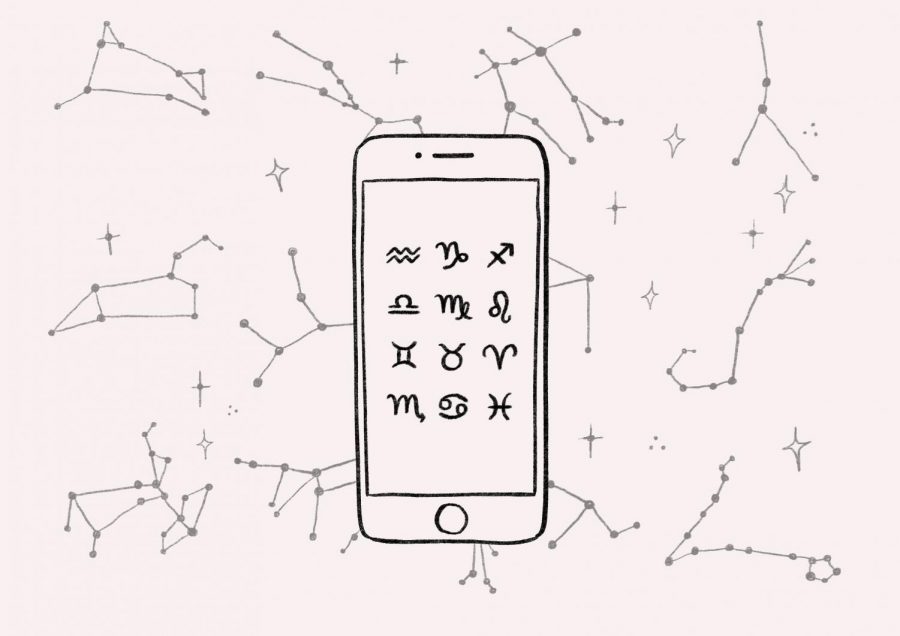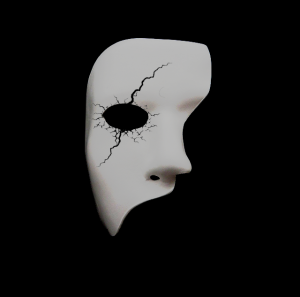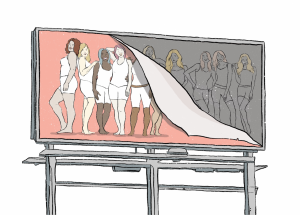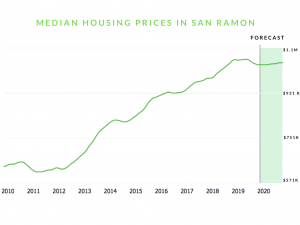The fanciful illusion of astrology
March 24, 2020
According to the acclaimed astrology app Co-Star, I’m having “trouble with my spirituality.” And, considering that I joined Co-Star mainly to make a point, that’s probably true.
Astrology has always had a persistent, if muted, effect on my life. Soon after I was born, my parents — both avid astrology subscribers — created my birth chart, prophesizing major aspects of my character. I was predicted to have a (contradictory) myriad of traits, ranging from “impulsive” to “sensitive” to “headstrong,” characterizations which I guess have some truth to them if I really try to see it. But, very recently, my parents made the shocking discovery that they’d miscalculated my birth time by two hours (gasp), which is basically an astrological tragedy. Suddenly, my astrology-fueled prophecies, which were supposedly “startlingly” accurate, didn’t even apply to me.
And therein lies the true oddity of astrology.
To be clear, modern astrology — the practice of interpreting the movements of celestial objects to glean insight into human activity — is nothing revolutionary.
Astrology has been around since the second millennium BCE: it’s well-documented that ancient societies in Egypt and the Indus Valley constantly looked to the stars for their answers. By studying the relative positions of the Sun, planets and constellations, coupled with a fantastic imagination, early scholars devised a system for star-studies, theorizing abstract concepts such as “birth charts,” “cardinal signs” and everything in between.
Today, astrology has significantly diverged from the ancient practice. Modern astrology revels in its own fakeness; it’s nowhere near anything literal, and that’s part of the experience. My daily updates from Co-Star were simultaneously whimsical, confusing and incoherent; a particularly clumsy notice read: “You may experience this as your curiosity supporting the urge to dissolve your ego.” (What?) Mostly, the predictions seemed to be a string of unrelated buzzwords, conferring no meaning, but demanding that I found it significant anyway. The underlying logic behind Co-Star’s predictions seems to be that if enough mystical, generally applicable phrases are thrown out, at least a couple will stick.
But even after knowing all of this, I have to admit, I really did feel it. Having evidence of a personal spiritual plan made me feel special in a way that’s kind of absurd and unsettling. Like that one day I just felt a little out of sync, and Co-Star told me that my social interface was “off,” but it would all be okay — it knew! It scares me to say it, but if astrology really is beyond the sphere of science, then how do we know it’s not real? It’s so much easier to believe it is. (Kidding.)
But honestly, whether I “believe” in astrology or not is entirely beside the point. What’s really important is that I liked it, and I did. As my friend Sanji Ranganathan aptly put it, “it’s kinda fun!”
Considering that it only took me a few days to understand this addictive appeal of astrology, it’s no surprise that the industry is booming. The meteoric rise of astrology is largely due to timely investment from Silicon Valley venture capital firms, who quickly recognized its unique cultural niche; popular astrology businesses including apps, websites, concierge services, virtual seminars, séances and more now comprise a $2.1 billion “mystical services market,” according to the New York Times. Astrology is the next big thing in the millennial New Age market, a perfect fodder for today’s ethos of Instagram, SoulCycle and avocado toast.
I guess the main contradiction of astrology is that it while it has absolutely no scientific roots, it’s able to coexist in a society that’s famously demanding science-driven social solutions. It’s hypocritical, isn’t it, for an educated, clean energy, smart health care, Green New Deal proponent to walk around with pseudoscience in their pocket. And if we’re able to accept astrology, even when we empirically know that it’s wrong, what kind of a standard does that set for other forms of fakeness we’re willing to live with?
It may seem, superficially, like astrology can never have real consequences beyond slight emotional fluctuations within the walls of a device, but we can’t forget that not so long ago, Ronald Reagan and his wife Nancy famously consulted their astrologer before making any major policy moves. Like, it’s crazy — yet very possible — that United States Cold War strategy and Middle Eastern campaigns were solely based on Reagan’s rising star at the moment. Teddy Roosevelt also allegedly consulted his birth chart frequently, and the Allies notoriously distributed astrology propaganda in occupied countries during World War II. And, according to his own administration, Indian Prime Minister Narendra Modi’s birth chart predicted his political success. Honestly, the consequences of astrology are even more unbelievable than the practice itself.
So, if astrology has infiltrated some of the most powerful minds of the century, then where does that leave us — normal people who like pretty fonts and quirky predictions? Nowhere, really. Having observed the mostly benign nature of Co‑Star’s divinations, I don’t think astrology can be blamed for its subversive potential. If someone’s taking a statement as bland as “pressure in social life” to justify breaking off a relationship or (not unrealistically) pursuing isolationist policy, that’s really on them.
Humanity has always been able to harmonize with fiction. Some of the greatest contributions to the philosophy, literature and media canons have been that. The important thing to note is that we can never lose grasp of the fundamental fact that fiction is fiction, and while it can certainly have a relationship with truth, it isn’t it.
I don’t know how many rational people genuinely believe in astrology religiously, and I hope most people know it’s just a game of pretend. But honestly, maybe I’ll keep Co-Star. It’s fun.
Sincerely,
Sraavya





